Nursing Services
There are three nurses and two healthcare assistants working in the surgery.
All of them help run appointments for both general nursing services and for specialised clinics. Appointments are made through the receptionists.
Patients can make an appointment with the nurse without seeing their doctor for minor injuries, general or holiday immunisation or vaccination advice and for ear-syringing.
However, patients must see their doctor first before blood tests or special tests or investigations can be arranged. Patients may be asked by their doctor, or invited by letter, to attend special clinics run by the Practice nurses that monitor chronic conditions such as Heart disease, Asthma, Diabetes and Hypertension - or for monitoring medication such as Contraception or Hormonal Replacement therapy.
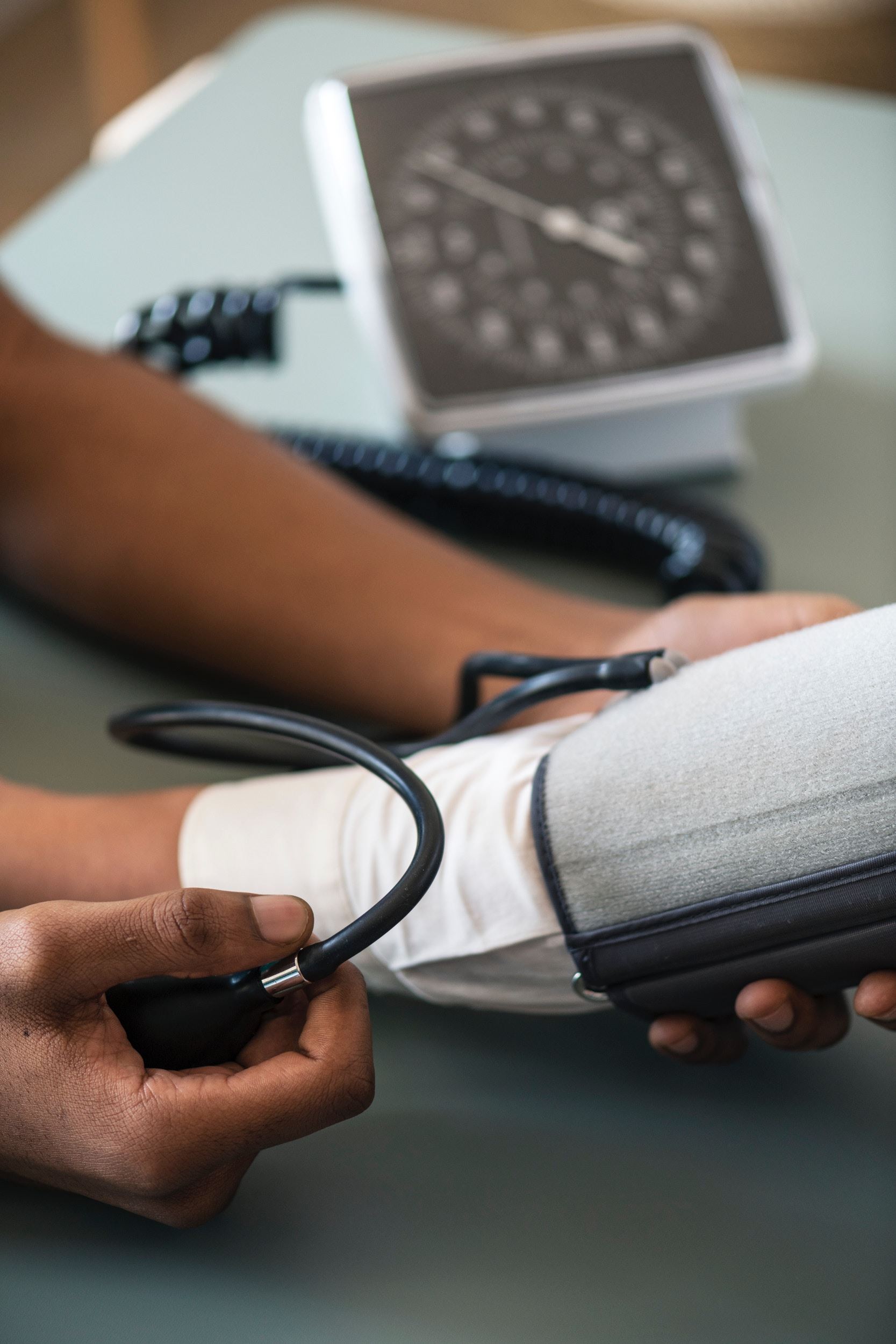
Blood Pressure Checks
Patients are welcome to ask for the Health Care Assistant to take their blood pressure. They are able to make an appointment through the receptionist.
The HCA will be able to refer you on to the doctor appropriately but may conduct other tests to help the doctor make a decision about the treatment or measures necessary to try and bring your blood pressure down to normal levels.
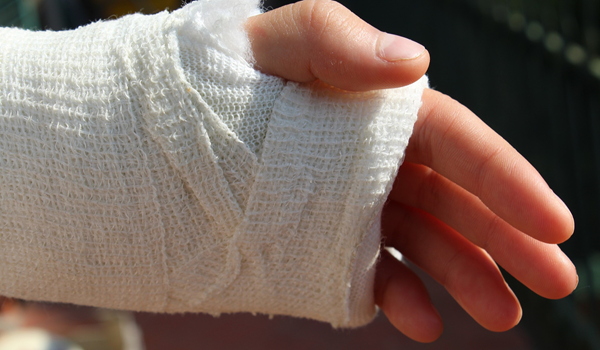
Dressings
Patients may require attention and treatment for minor injuries, burns, animal bites or skin problems such as leg ulcers.
These can be seen and assessed by the practice nurse or HCA who can ask for a doctors opinion if necessary.
Please the receptionist about this if you require care for a leg ulcer. The nurse is not qualified to assess injuries that might involve a fracture.
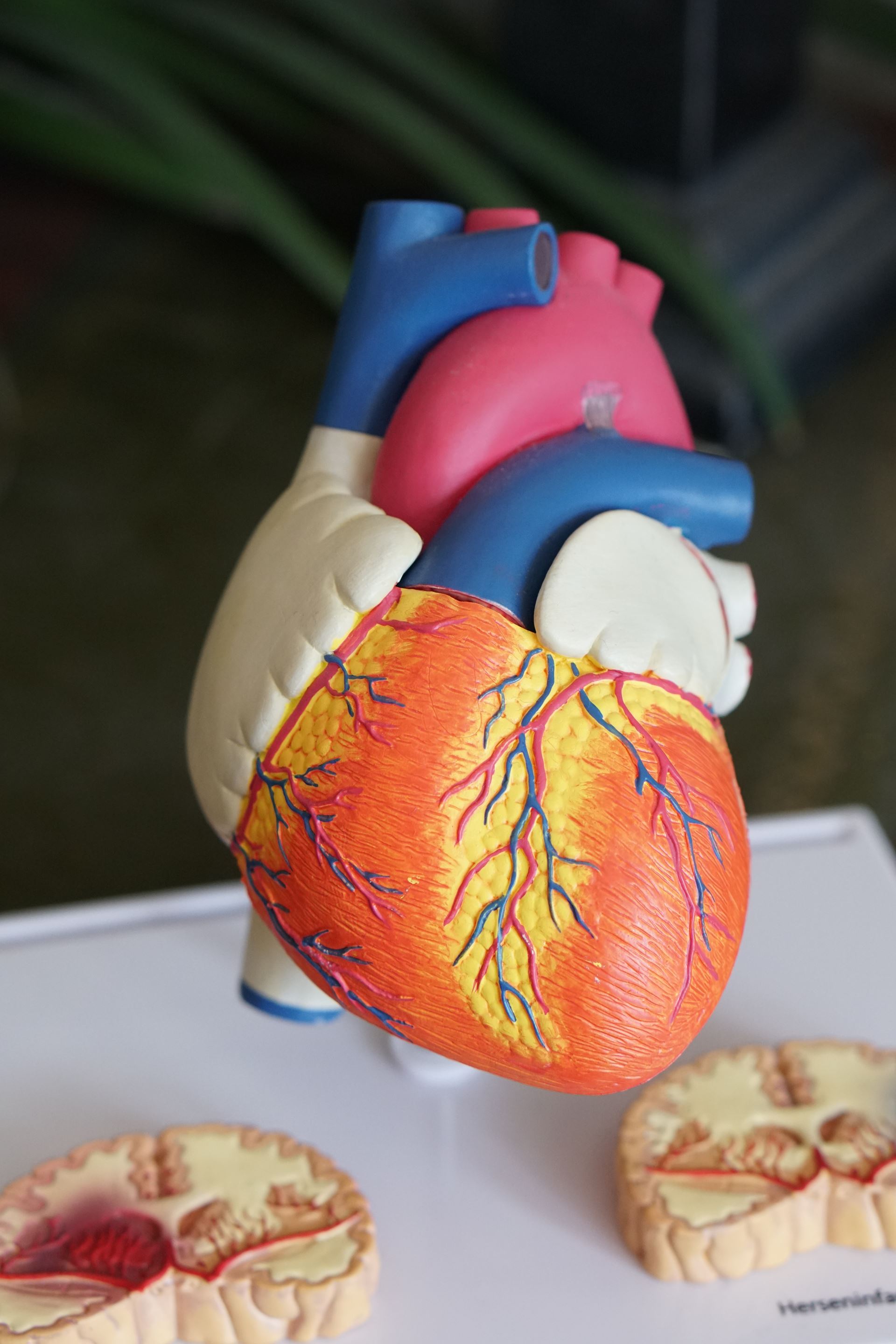
Heart Tracings Investigations & Tests
Your doctor may ask you to have blood tests, other investigations at the surgery or hospital x-rays or tests after a consultation or as part of a regular review of your medical condition. These should be booked through the receptionist after seeing the doctor.
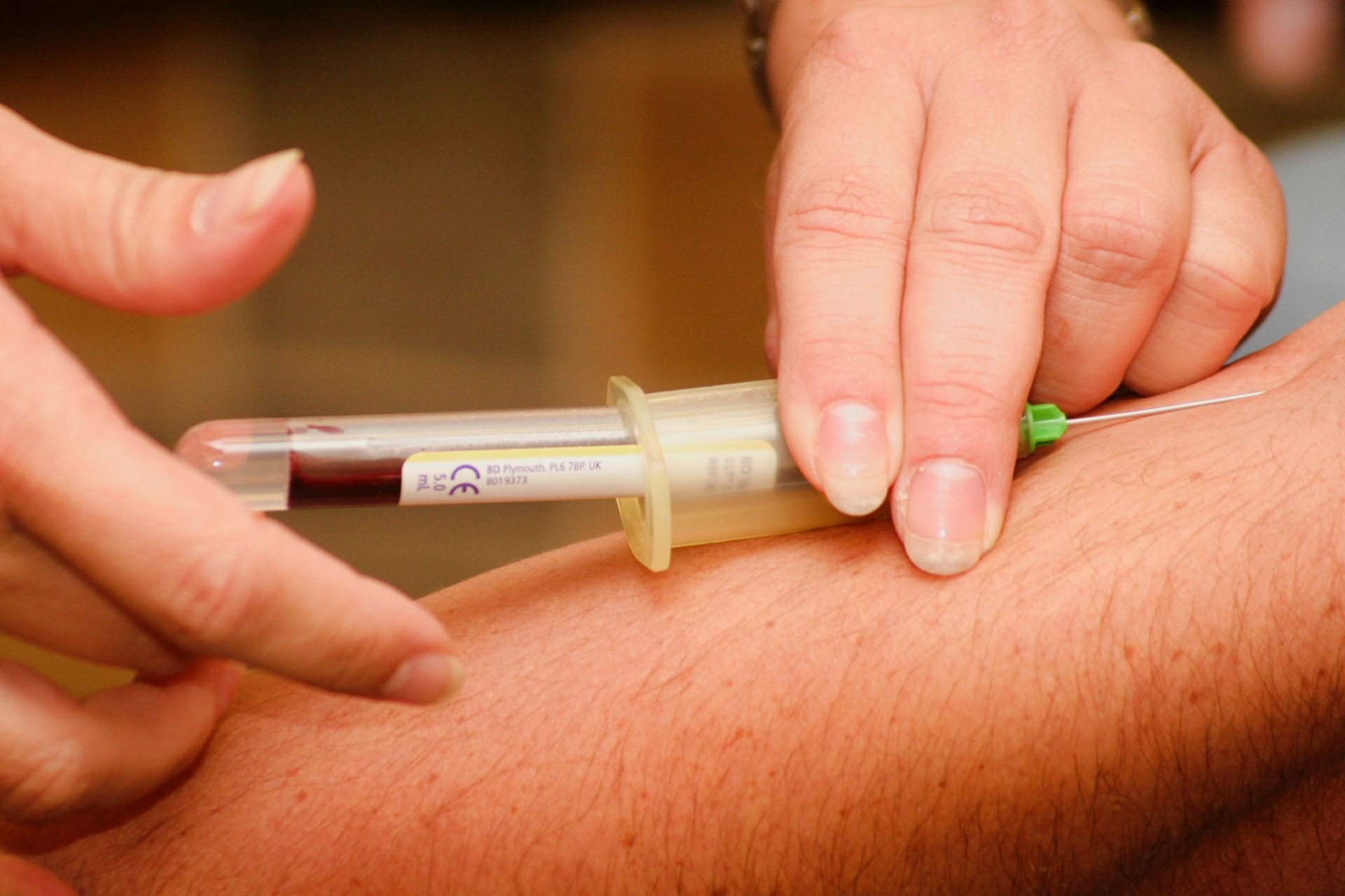
Blood Tests
If you require blood tests the doctor will give you a blood request form for you to take with you to the phlebotomist or person who takes the blood sample. Blood tests can be performed at the surgery or Wellswood House or Barnet Hospital by appointment only.
At other times the doctor may ask you to have tests at the surgery such as swabs taken for infection, an ECG or heart tracing, or other special blood pressure, circulation, breathing or hearing tests.

Ear Syringing
The HCA is happy for patients to book an appointment to assess the need for removal of ear wax by gentle syringing.
The practice uses a electronic ear syringing device that is more comfortable for patients. Patients with sudden hearing loss or a history of ear discharge or a previous perforated eardrum should see their doctor first.
It is often necessary to soften ear wax by first using ear drops for a week beforehand. Chemists will be happy to advise you of the sort to buy though a small amount of warmed olive oil is usually sufficient.
Children do not normally require ear syringing.
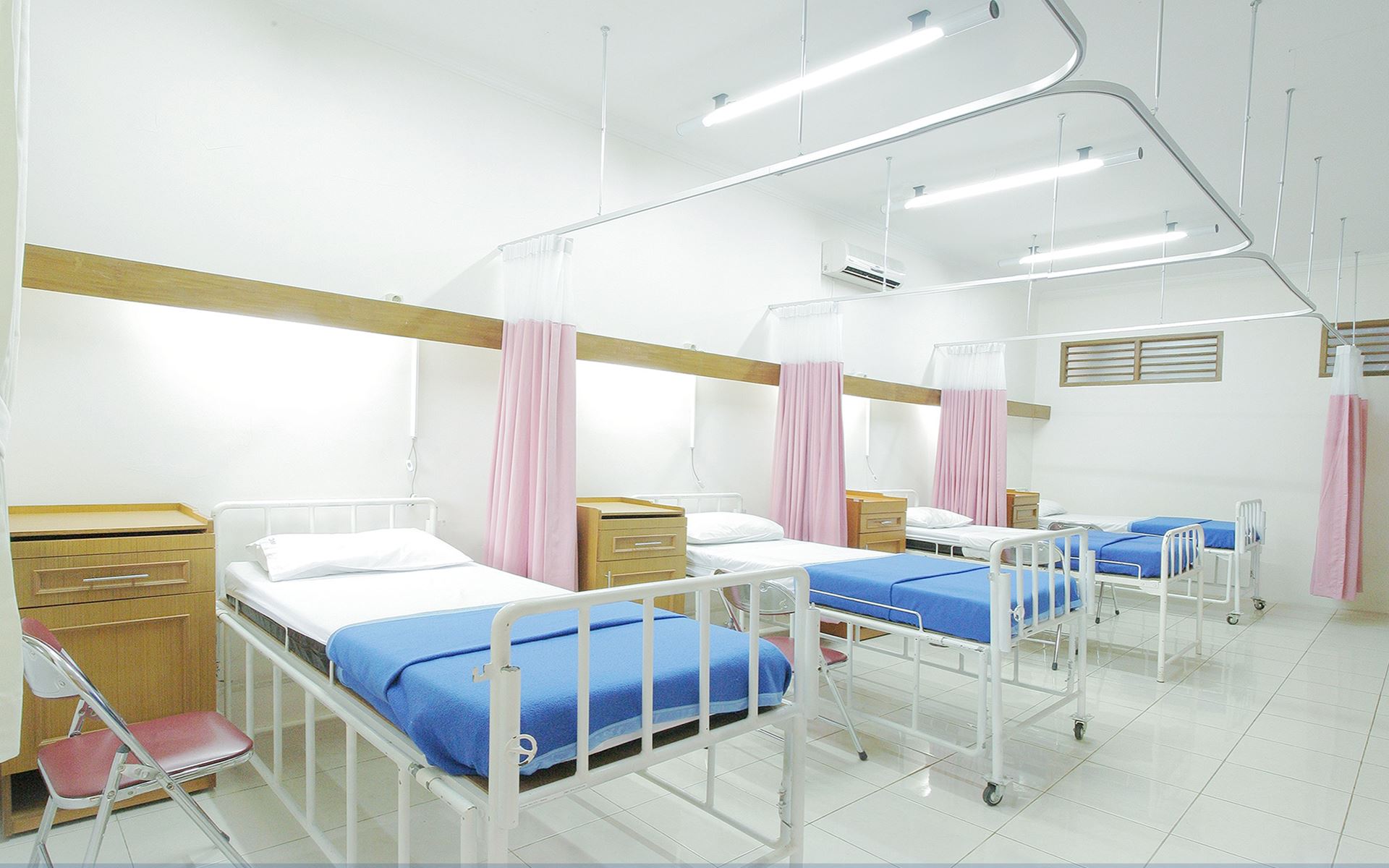
Hospital 'after' Care
Patients may leave hospital after an operation and require further dressings or wound attention and later removal of stitches.
If too unwell or weak these can be dealt with by the District Nurse at home who is normally contacted by the hospital beforehand.
The District nurse can also be contacted through the surgery receptionists who will contact them for you.
Otherwise you should make an appointment for the practice nurse to redress wounds or remove sutures.

Childhood Immunisations
Childhood Immunisations
Invitations for routine childhood vaccinations are sent to you by the health authority. On receipt please contact the surgery to make an appointment at the Wednesday afternoon immunisation clinic.
Please note immunisations will only be administered if the red book (parent held record) is brought to the appointment. This book contains information on the child's full immunisation history and ensures that your child receives appropriate care.
If the child is brought to an immunisation appointment by some one other than a parent, the carer MUST bring a consent form signed by the parent, listing all the immunisations to be given and the appointment date.
A list of the immunisations and the stages are which they are given are to be found in the child's red book (parent held record).
If your child receives vaccinations at any other surgery or clinic please inform the surgery so our records can be updated.
Health Visitor
The Health Visitors are provided by Herts Community NHS Trust.. Please contact Elstree Way Clinic on 020 8359 8500 to be given the contact information of the Health Visiting team responsible for you.

Minor Illness Clinics
We have Minor Illness clinics available with a nurse on Wednesday mornings for over 5's with chest, throat or ear problems.
We also have a Minor Illness paramedic available on Tuesday and Thursday afternoons for over 2's with chest, throat or ear problem.
Vaccinations & Immunisations
Influenza
Annual Flu vaccination is recommended for all people who are aged 65 and over OR Those who are under 65 who have any of the following conditions:
- Chronic heart disease (angina, heart failure, or previous heart attack)
- Chronic respiratory disease (asthma, COPD, emphysema, cystic fibrosis, bronchitis)
- Chronic kidney disease (renal failure, kidney transplant, undergoing dialysis treatment)
- Diabetes
- Chronic liver disease (cirrhosis, biliary atresia, chronic hepatitis
- Lowered immunity due to cancer, absence of spleen, HIV, receiving high dose steroids, radiotherapy, chemotherapy
- Chronic neurological disease (stoke, TIA, multiple sclerosis)
- Any other serious medical condition - check with your doctor.
- Pregnant Women
- Carers
Vaccination is also recommended for poultry workers.
Invitations are sent out to the over 65’s and those patients in at risk groups in September.
Pneumococcal
Pneumococcal immunization consists of a single injection which is effective against 90% of pneumococcal strains that cause serious infection in the UK. Children under 2 years of age should be given a special form of the vaccine.
Immunisation is recommended in:
- Aged 65 and older
- Post-splenectomy patients, though it is preferable to administer the vaccine some weeks before elective splenectomy
- Coeliac Disease
- Sickle cell disease
- Diabetes
- Immunocompromised and HIV-infected patients
- Chronic liver disease and Alcoholism
- Heart Failure
- Kidney failure
- Asthma and Chronic Bronchitis
Page created: 02 September 2019